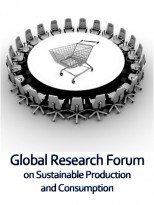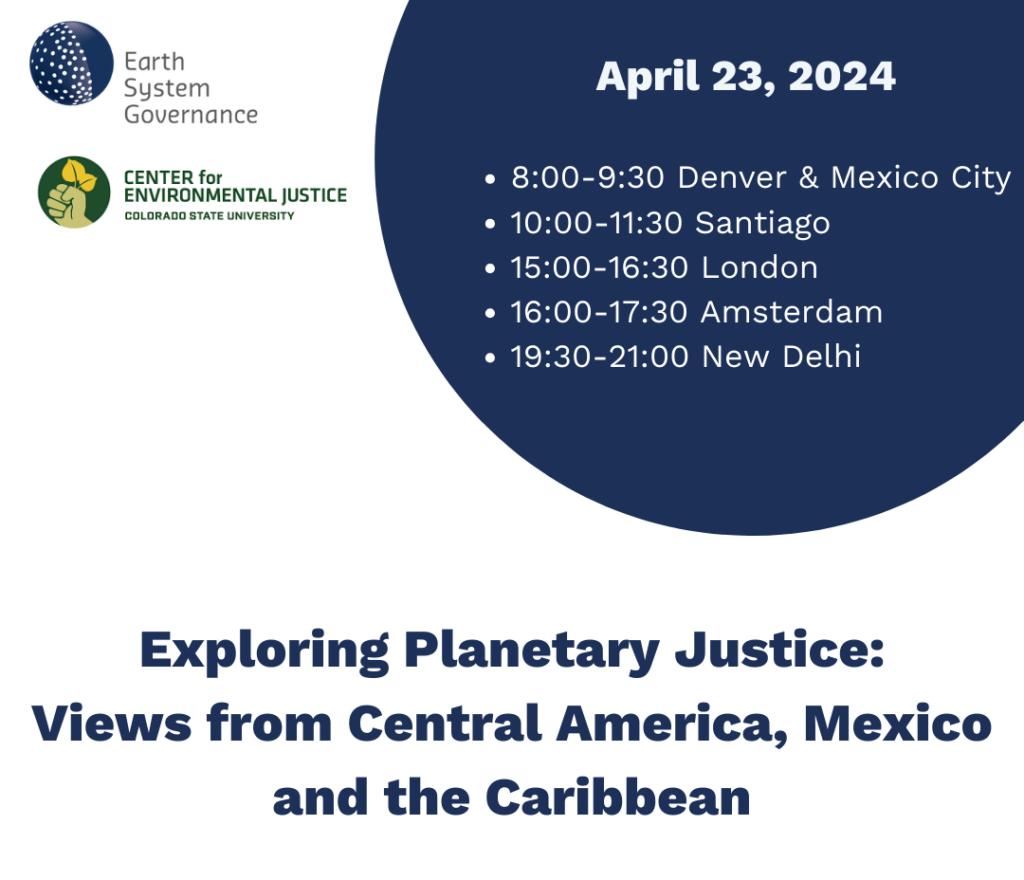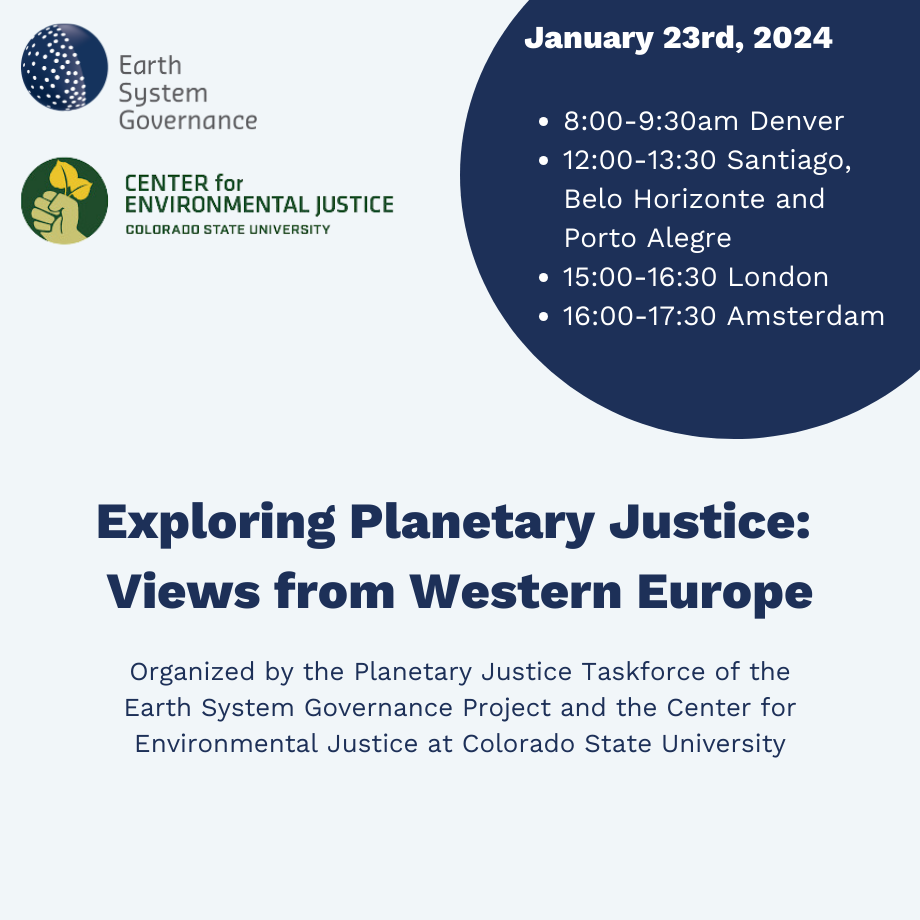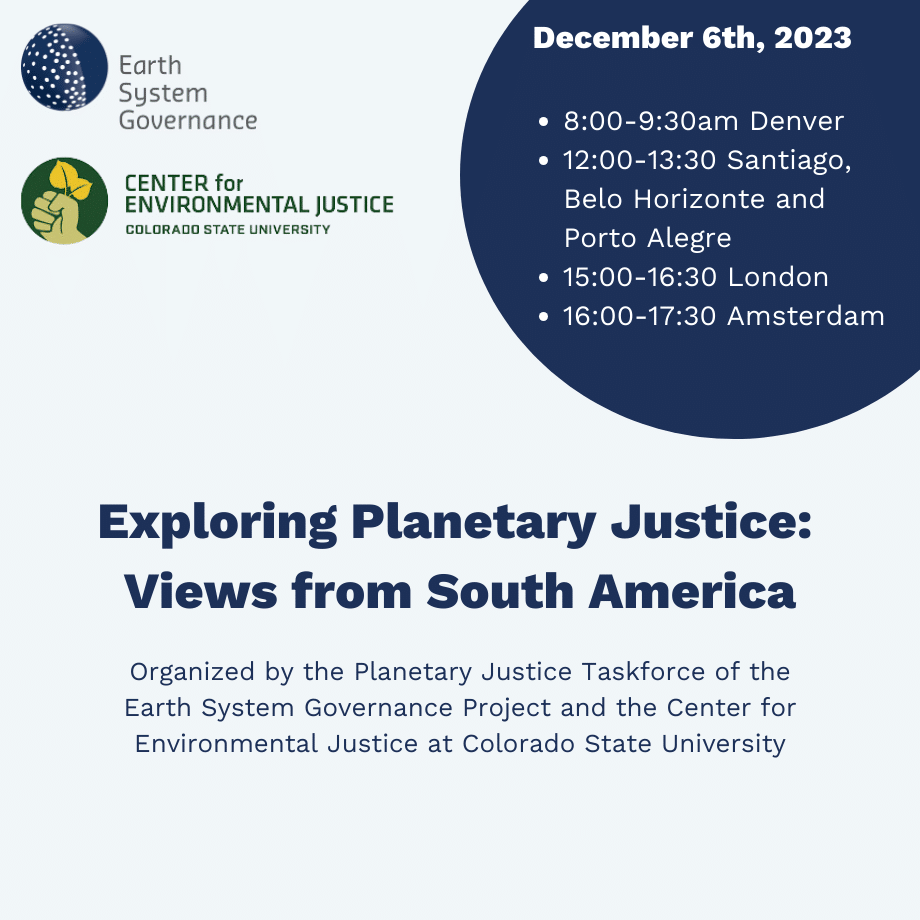Call for Contributions
Sustainable lifestyles, livelihoods and the circular economy
27-29 June 2017, Brighton, UK
Hosted by: Institute of Development Studies (IDS) and Science Policy Research Unit (SPRU), University of Sussex
Co-organisers: Tearfund UK, SWITCH-Asia Programme, SCORAI Europe, Collaborating Centre on Sustainable Consumption and Production (CSCP), Aalborg University, and the MORE-SL Initiative of the 10YFP Sustainable Lifestyles and Education Programme
Contributing partners: Earth System Governance Project, World Resources Forum, Future Earth Knowledge-Action Network on Systems of Sustainable Consumption and Production
See also the conference website.
Conference theme and objectives
GRF’s third international conference explores paths to sustainable production and consumption through the synergies and tensions among the circular economy, sustainable lifestyles and livelihoods, and their implications for the UN’s Sustainable Development Goals (SDGs). The “circular economy” is proposed as a key business and policy strategy for sustainable development, gaining traction in both the industrialized and developing world. Premised on the recognition that linear economies are unsustainable on a finite planet, the concept of a circular economy proposes a restorative and regenerative economic system, using renewable resources, optimizing resource use and recovery, and supporting sustainable livelihoods and lifestyles. Policymakers are increasingly seeing the circular economy as a way to create jobs and increase prosperity in the face of rising natural resource costs and companies are incorporating the concept into their business models and practices. The circular economy could offer a genuine win-win: improving the quality of life while reducing environmental degradation, a key aspiration of the Sustainable Development Goals.
However, critical engagement with the concept and practice raises several questions about the opportunities and challenges in transitions to a circular economy. GRF’s third international conference convenes stakeholders from multiple domains — researchers, development practitioners, policy makers and representatives from business, government and civil society — to explore some of key questions and debates on the circular economy and their implications for lifestyles and livelihoods in both industrialized and developing countries, including:
- How can the circular economy produce more decent work opportunities in developing countries and help in the fight against poverty? Under what circumstances could it displace informal sector economic activities, exacerbating poverty and precarity?
- In what ways can circular economies produce sustainable lifestyles and livelihoods or possibly perpetuate unsustainable consumption patterns in the industrialized world?
- Where does the circular economy stand in relation to different economic paradigms (e.g., continuing growth, steady-state, de-growth)?
- How might a circular economy and the rise of sustainable lifestyles and livelihoods shift power relations between corporations, citizen- consumers and the State? In what ways could this shift democratize control over resources and decision-making or consolidate corporate power?
We invite contributions that address these key lines of inquiry and debate through contributions that cover any of the following conference questions:
1. How do we understand the concept and practice of the circular economy in developing countries vs. industrialized countries?
Relevant topics could include considering circular economy schemes and policies in different geographical contexts and in relation to SDG goals on Responsible Consumption and Production (SDG 12) and Sustainable Cities and Communities (SDG 11).
- What is the relationship between sustainable lifestyles and livelihoods, and the circular economy?
Relevant topics could include considering the role of changing cultural norms and social practices, achieving absolute reductions in waste and natural resource consumption levels, behavioral economics and building infrastructures for sustainability, the sharing economy and collaborative consumption, and the structural conditions shaping sustainable lifestyles and livelihoods.
- How could transitions towards a more circular economy contribute to the implementation of the Sustainable Development Goals on reducing poverty and promoting sustainable livelihoods?
Relevant topics could include considering informal sector economies, sustainable livelihoods and SDG targets on Gender Equality (SDG 5), Good Health and Well-Being (SDG 3), Reduced Inequalities (SDG 10) and Decent Work and Economic Growth (SDG 8), as well as other SDGs.
- What types of socio-technical innovation, social marketing strategies, public policies and political reforms are required to change lifestyles and the current linear “throw-away” system to a circular system that operates within planetary boundaries?
Relevant topics could include considering carbon and resource pricing, incentives for innovation deployment, product design and remanufacturing, and how these innovations and policies contribute to achieving environmental targets of the SDGs on Climate Action (SDG 13), Life Below Water (SDG 14) or Life On Land (SDG 15).
- What types of financial systems, business strategies and supply chains would support the transition to a circular economy?
Relevant topics could include considering green financing mechanisms, trade and global value chains, roles of public and private investments and innovative business models.
Contribution formats and deadlines
Contributions can take the form of:
- Session proposals, deadline 1 November 2016
We welcome session submissions on specific topics or debates that address the topics and questions outlined above. Sessions can take multiple forms including:
(i) Research presentations, composed of at least 3 research talks followed by a discussion.
(ii) Panel discussions, featuring at least 3 panelists who discuss a specific topic or question moderated by a session chair, followed by audience discussion.
(iii) Interactive debates, where at least 3 presenters offer opposing perspectives on a specific and well-defined question, followed by an open discussion.
To propose a special session by 1 November 2016, please include the following information: (1) session title, (2) brief description of no more than 300 words, explaining in particular how this session contributes to the conference themes, (3) session format, (4) at least 3 presenters for talks (titles, authors, affiliations) or 3 participants for a discussion/debate, who have confirmed they wish to contribute to your special session. Submissions will be reviewed by an international scientific review panel before being accepted.
Please email your session proposal by 1 November 2016 to: grfspc2017@gmail.com
- Individual papers & posters, deadline 1 December 2016
For papers and posters, please submit an abstract of 300 words and 3-5 key words by 1 December 2016. Submissions will be reviewed by an international scientific review panel before being accepted.
Abstracts need to be submitted via ProposalSpace (https://proposalspace.com/calls/d/669). Please create a free ProposalSpace account and then fill in the abstract submission form.
- Special Work Studios, deadline 1 November 2016
We especially encourage special work studios aimed at fostering multi-stakeholder collaborations and projects, consortium-building for funding proposals, as well as peer-learning. These will be scheduled for the final day of the conference. To propose a work studio, by 1 November 2016, please include the following information: (1) work studio title, (2) brief description, explaining the goals of the work studio (3) organizer information (affiliations) and (4) desired number of attendees. Please note if the work studio is ‘invitation only’ or ‘open to all conference participants’. Conference attendees will be given the opportunity to sign-up for open work studios during registration.
Please email your session proposal by 1 November 2016 to: grfspc2017@gmail.com
Key dates
Session and Work Studio proposal deadline: 1 November 2016
Notification of acceptance of sessions and work studios: 30 November 2016
Abstract submission deadline for papers and posters: 1 December 2016
Notification of acceptance of papers and posters: 16 January 2016
Provisional programme: 15 February 2017
Registration deadline – early bird: 15 March 2017
Registration deadline for presenters: 15 April 2017
Conference (Brighton):27-29 June 2017
About the Global Research Forum on Sustainable Production and Consumption
The Global Research Forum on Sustainable Production and Consumption was founded in 2011 as a collaboration among many research networks and sustainability practitioners including One Earth Initiative, Canada; Institute for Global Environmental Strategies (IGES), Japan; Sustainable Consumption Research and Action Initiative (SCORAI), USA and Europe; Integrative Strategies Forum (ISF), USA; Fudan University Shanghai, China; Tellus Institute, USA; Green Liberty, Latvia; Switch Asia; Sustainable Europe Research Institute (SERI), Germany; Partnership for Education and Research about Responsible Living (PERL, Norway; The Energy and Resources Institute, India; Colectivo Ecologista Jalisco, Mexico; and others.
GRF members engage in a range of topics and activities promoting better understanding and more effective policies, strategies and practices in advancing our communities and societies in the transition to sustainable production and consumption systems. GRF organizes workshops, conferences, publications, working groups and dialogues, examining the roots of today’s global crises and efforts to build better futures. Past conferences and workshops include the November 2015 workshop on Advancing Research and Education on Sustainable Lifestyles in the 10 Year Framework of Programmes on Sustainable Consumption and Production (co-sponsored by PERL), the Oct 2014 Strategies for Sustainable Production and Consumption Research in Latin America in Arequipa, Peru, Towards Reduction workshop in Wuppertal in March 2013 and our two GRF SPaC international conferences in Rio de Janeiro in June 2012 and Shanghai in June 2014.
Conference venue
The 3rd International Global Research Forum on Sustainable Production and Consumption conference is hosted by the Institute of Development Studies (IDS) and the Science and Policy Research Unit (SPRU) of University of Sussex, both world leading research institutes focusing on accelerating sustainability transitions, socio-technical innovations, international development and building more inclusive and secure societies. It is co-organized by Tearfund UK, the EU SWITCH-Asia Programme, SCORAI Europe, the Collaborating Centre of Sustainable Consumption and Production, and the MORE-SL program under the 10YFP Programme on Sustainable Lifestyles and Education.
Organizing and advising committee
The organizing committee for the conference includes Patrick Schroeder, Manisha Anantharaman, Karen Onthank, Tim Foxon, Richard Gower, Michael Sorgaard Jorgensen and Charlotte Louise Jensen. The advising committee includes Jeffrey Barber, Philip Vergragt, Vanessa Timmer, Marlyne Sahakian and Leonie Dendler.
Expected conference outputs
Selected conference papers will be included in a Special Issue for the IDS Bulletin, the flagship journal from the Institute of Development Studies, and a Special Issue of the Journal of Cleaner Production.



